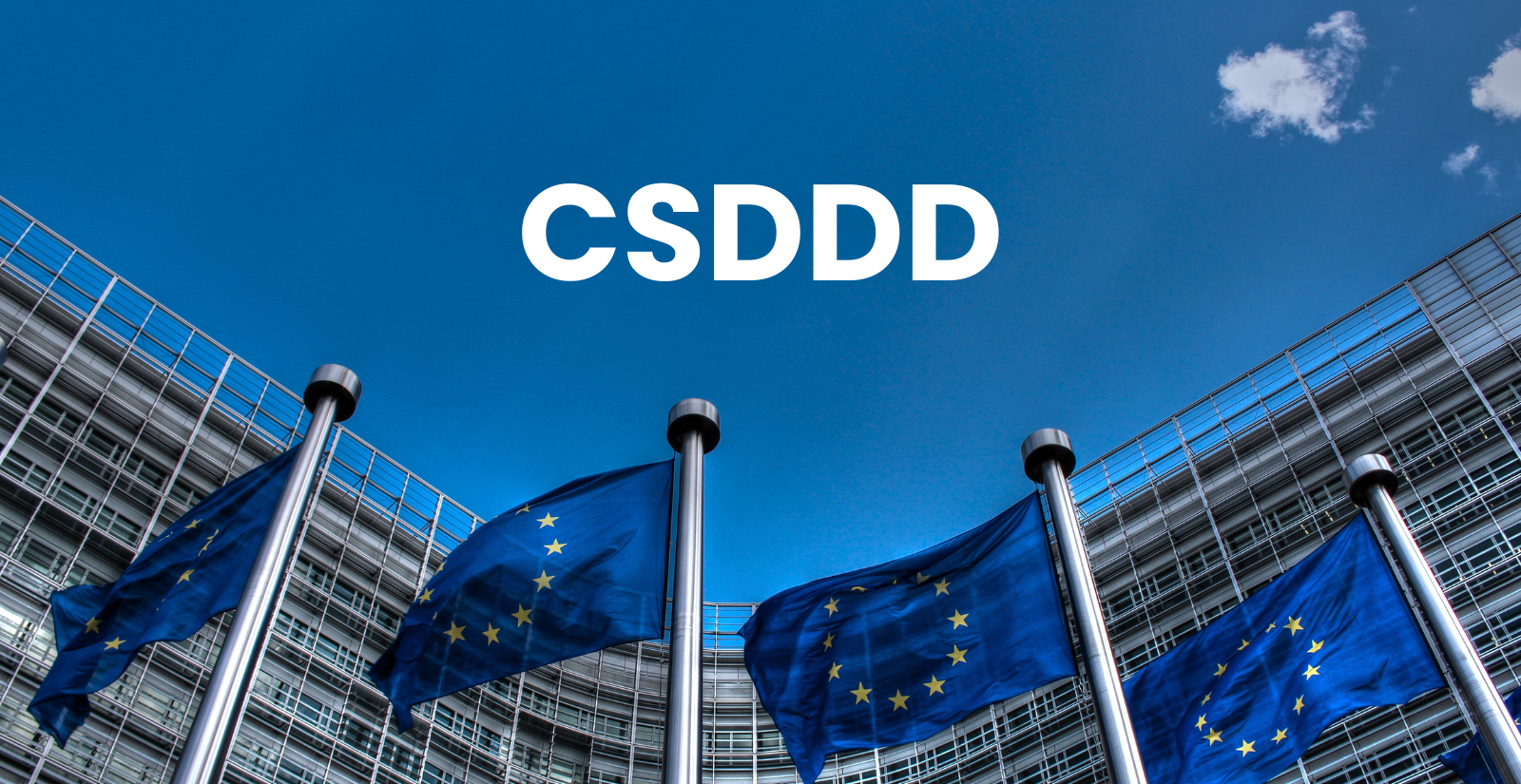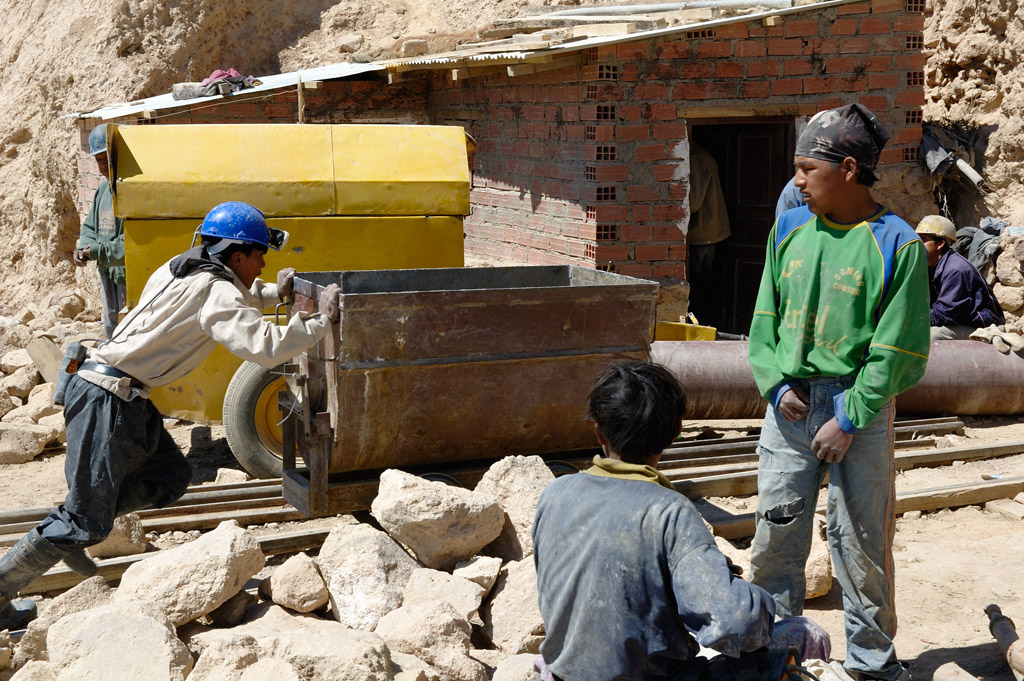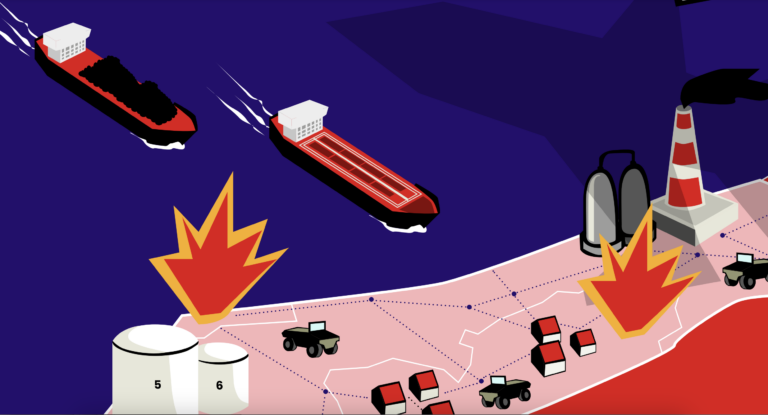
Breakthrough in EU Corporate Sustainability Due Diligence Directive (CSDDD) Negotiations
On Thursday, December 14, the European Parliament, the Council, and the Commission concluded trialogue negotiations on the CSDDD directive, solidifying a final political agreement. This upcoming law holds significant potential to curb environmentally and socially harmful corporate practices.
The CSDDD aims to promote sustainable and responsible behaviour across global value chains, requiring companies to identify, prevent, and mitigate adverse impacts on human rights and the environment.

Critical reflections on the CSDDD agreement
SOMO views this agreement as a significant milestone in corporate accountability and improving access to justice for affected communities. However, the new law does not represent the transformative change SOMO and our partners sought. SOMO’s advocacy director Joseph Wilde-Ramsing, emphasises the ongoing challenges:
“Much more work lies ahead. Pressure from heavy corporate lobby has considerably weakened crucial aspects of the directive”
EU institutions have largely excluded financial companies from the due diligence directive. Concerns about meaningful climate action and ensuring access to justice and remedy remain central within the final agreement.
SOMO’s stance
As emphasised in various instances, including a joint letter(opens in new window) submitted by CSO directors to EU Justice Commissioner Reynders in the final days of the negotiations, SOMO expresses ongoing concerns about various issues:
- Financial sector largely excluded from due diligence obligations… for now: The powerful financial sector has largely been excluded from obligations to avoid harmful impacts of their investments. Financial actors, holding nearly 80% of the private sector’s financial assets in the EU, are engines for both harmful and sustainable corporate activity. Their exclusion is a major shortcoming that will hamper progress toward sustainable economies and responsible investment practices. Excluding finance is also out of line with leading international standards on business and human rights. The European Commission has committed to developing a separate due diligence directive for the financial sector – the Commission would be well advised to make haste with this, lest it be too little, too late.
- Climate transition plans are in, but emission reduction obligations are missing: The CSDDD represents a step forward in the battle against climate change, by requiring EU companies (including financial sector companies) to develop climate transition plans with clear reduction targets. However, the deal has failed to meet the moment with the urgency required to address the climate emergency. There are still no emission reduction obligations or liability for firms. This is a key missed opportunity with numerous major fossil fuel projects operated by EU-based companies. Holding companies liable for climate harms and forcing them to reduce emissions will – for now – continue to be left to courts like those in the Netherlands and to activists in the streets around the world.
- Comprehensive access to justice measures: Strong civil liability and access to justice provisions are key to an effective CSDDD. Victims, including workers, trade unions, communities, and Indigenous Peoples, must have access to court for the protection of individual and collective rights. SOMO is encouraged to see that today’s deal maintained strong access to justice measures for victims of corporate abuse, particularly around increased access to evidence and reasonable time limits to file claims.
For additional details, refer to the Press Release by the European Coalition for Corporate Justice(opens in new window) .
Do you need more information?
-

Joseph Wilde-Ramsing
Advocacy Director
Related news
-
 The hidden human costs linked to global supply chains in ChinaPosted in category:News
The hidden human costs linked to global supply chains in ChinaPosted in category:News Joshua RosenzweigPublished on:
Joshua RosenzweigPublished on: -
Powering injustice Published on:
 Lydia de LeeuwPosted in category:Publication
Lydia de LeeuwPosted in category:Publication Lydia de Leeuw
Lydia de Leeuw
-
 Major brands sourcing from China lack public policies on responsible exitPosted in category:News
Major brands sourcing from China lack public policies on responsible exitPosted in category:News Joshua RosenzweigPublished on:
Joshua RosenzweigPublished on:

